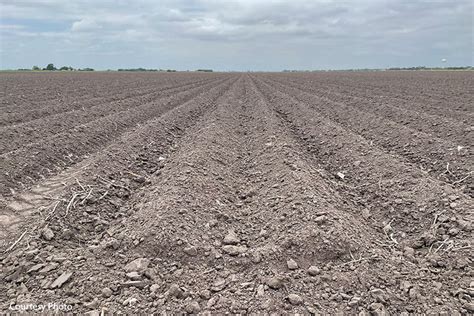
Cornyn, Cruz Bill: Holding Mexico Accountable for Texas Water
Senators Demand Accountability as Mexico Fails Water Treaty Obligations
U.S. Senators John Cornyn and Ted Cruz have introduced landmark legislation to enforce Mexico's water delivery obligations under the 1944 Water Treaty, which has become a critical lifeline for drought-stricken Texas farmers. The bill comes as Mexico faces a massive water debt crisis that threatens South Texas agriculture.
The Broken Treaty: A Crisis for Texas Farmers
The 1944 Water Treaty requires Mexico to deliver 1.75 million acre-feet of water to the U.S. over five-year cycles from Rio Grande tributaries – approximately 350,000 acre-feet annually. When the latest cycle ended on October 24, 2025, Mexico had delivered only 885,000 acre-feet, barely 50% of its obligation. This shortfall has created dire consequences:
- Record-low reservoir levels impacting irrigation systems
- Forced shutdowns of agricultural businesses, including Texas' last sugar mill
- Threats to regional food supply chains

"Mexico has repeatedly failed to uphold the 1944 Water Treaty... I am proud to cosponsor this legislation which will put added pressure on Mexico to live up to its obligations."
— Sen. John Cornyn
Legislation Key Enforcement Measures
The Ensuring Predictable and Reliable Water Deliveries Act of 2025 imposes new accountability mechanisms:
- Annual Delivery Requirements: Mandates minimum annual deliveries instead of allowing Mexico to delay payments until cycle-end
- Presidential Discretion: Authorizes the President to block all non-emergency water deliveries to Mexico if annual targets aren't met
- Economic Leverage: Permits termination of U.S. business engagements with Mexican sectors benefiting from treaty water
- Reporting Mandate: Requires the Secretary of State to deliver annual compliance reports to Congress
Exceptions would be made for ecological emergencies or counterdrug cooperation, addressing concerns about unintended consequences.
Regional Impact and Future Implications
The Rio Grande Valley's agricultural community has been particularly devastated. With irrigation water being the first cut during shortages, local farmers face existential threats. The Valley's congressional delegation, including Reps. Monica De La Cruz and Henry Cuellar, supports integrating the treaty into upcoming USMCA trade negotiations.

Cornyn emphasized the bill's potential to work faster than existing treaty enforcement: "Without stronger congressional pressure and oversight, Mexico will continue to fail to meet its obligations." The legislation aims to prevent Mexico from exploiting treaty structures to defer deliveries annually until obligations become impossible to fulfill.
What's Next for Texas Water Security?
The bill faces an uphill battle in Congress but signals growing bipartisan concern for Texas water sovereignty. With Mexico granted until 2030 to repay its current water debt due to drought conditions, the legislation represents a critical attempt to prevent future cycles of non-compliance. The outcome could reshape international water management practices and establish new precedents for treaty enforcement.
Share this article
Michael Chen
Business and finance reporter specializing in market analysis, startups, and economic trends. MBA from Harvard Business School.